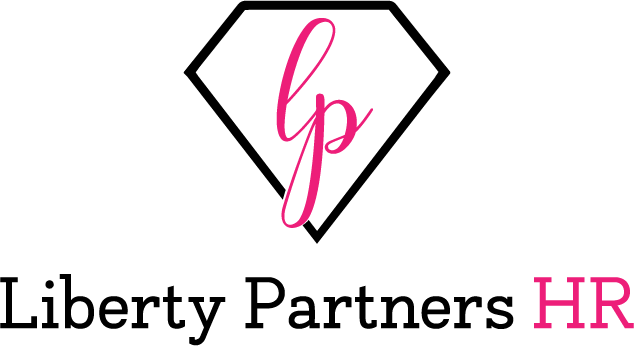For some people, standing in front of a mirror can be an uncomfortable prospect! But, mirrors give a highly undistorted view of what a person really looks like. A mirror brings awareness! Seeing oneself outwardly and inwardly from a truthful perspective is indicative of a self aware person. An individual who is self-aware has been described as having the ability to know and understand their own character, feelings, motives and desires.
Sometimes in the field of employment, experience, education and skills top the chart in order of importance. But what causes someone to stand apart from several applicants or employees having similar qualifications? When an individual has a great sense of who they really are, the benefits are numerous. But in regard to the work force, self awareness can greatly improve creating great resumes, successful interviews, relational skills, team building, healthy management, and higher productivity. This is because having a good sense of self gives one the ability to highlight their strengths, work on personal challenges, express their needs accurately, are more aware of how others operate, can take helpful critique, can focus better and so much more!
Many people feel they are very self aware. Experience working with an individual who does not have a true sense of self can be very difficult. It is usually evidenced by behaviors which contradict some sort of self proclamation. For example, a person may say they are flexible, but consistently displays frustration over change or isn’t able to make something work with available resources, shuts down from the smallest difficulty or uses manipulation/methods of control in order to bring about their own desires. They are unaware of their true inflexibility. A self aware individual reflects truth in word and action. The ability to become more self aware is possible by utilizing some simple practices. Here are a few strategies for improving awareness.
First, is to figure out what one’s values are. Necessary things and objectives frequently become priorities, but often feel draining and unfulfilling if they are not attached to what gives an individual meaning and purpose. This is where values come in! For example, one may have a goal of reaching a certain weight, but valuing health gives the goal purpose and added motivation. This differentiates goals from values. Finding one’s values starts by observing those things that bring energy, fulfillment, a passion or sense of calling. What inspires action? What feels true? What is admirable about others? Look up examples of values. Which ones stand apart from others? Take the time to write down a set of values and refer to them often when making decisions and setting goals. Understanding values brings awareness to the inward passions and motivations important to one’s success. It is essential in becoming more self aware.
Another helpful tool for improving self awareness is asking for feedback. Sometimes it is good to let others be the “mirror”. Employment reviews are extremely beneficial. Ask resume references for their help in identifying strengths as well as areas for growth. A counselor can help utilize self assessment tools. If taking critique hasn’t been a regular part of personal growth, start small and with a trustworthy person. Ask a friend, relative or spouse questions that are not too deep or threatening. Take the feedback well! This is key! Keep in mind ahead of time that personal critique of any kind will feel uncomfortable. Trust the process of learning from hearing hard things. It is not possible to be free from any weakness or challenge. Listening to the input of others will validate strengths, but sometimes test one’s own perceptions, which makes it an important part of self awareness.
Next, try or learn something new. Settling in to the lull of sameness can give a faulty sense of self. Gaining a new skill or trying a new experience brings attention to the way one learns, problem solves, works with others and is also a safe way to receive feedback. Learning brings awareness by forcing a person to think and behave in ways that are unfamiliar. Seeing one’s self in new situations will bring new knowledge not only in experience and skills, but also insight into an individuals feelings, motives, and character. By enjoying something new, one will not only benefit from increased knowledge, but also in personal awareness.
There are other ways to become more self aware. Every method involves observing. Life will bring many opportunities for growth. Use every experience as potential to gain a better understanding of one’s true self. Looking in life’s mirror will produce the capacity for growth and success in every way!
Co-authoring this article, Ann Geisel, Limited Licensed Counselor and Jeff Geisel, HR Professional, live in Michigan where they enjoy the Lake Michigan shoreline and all the beautiful nature that comes with it.






